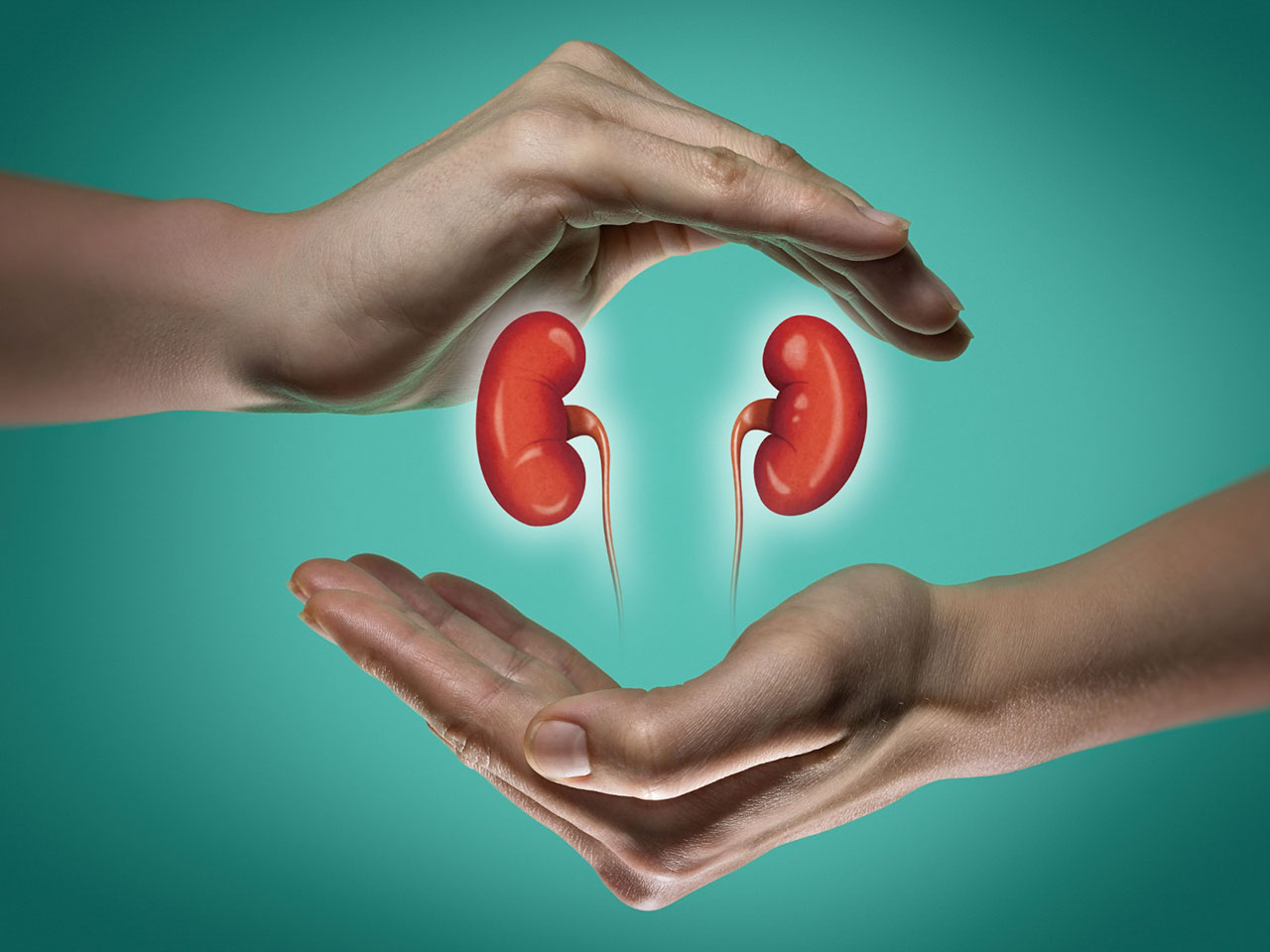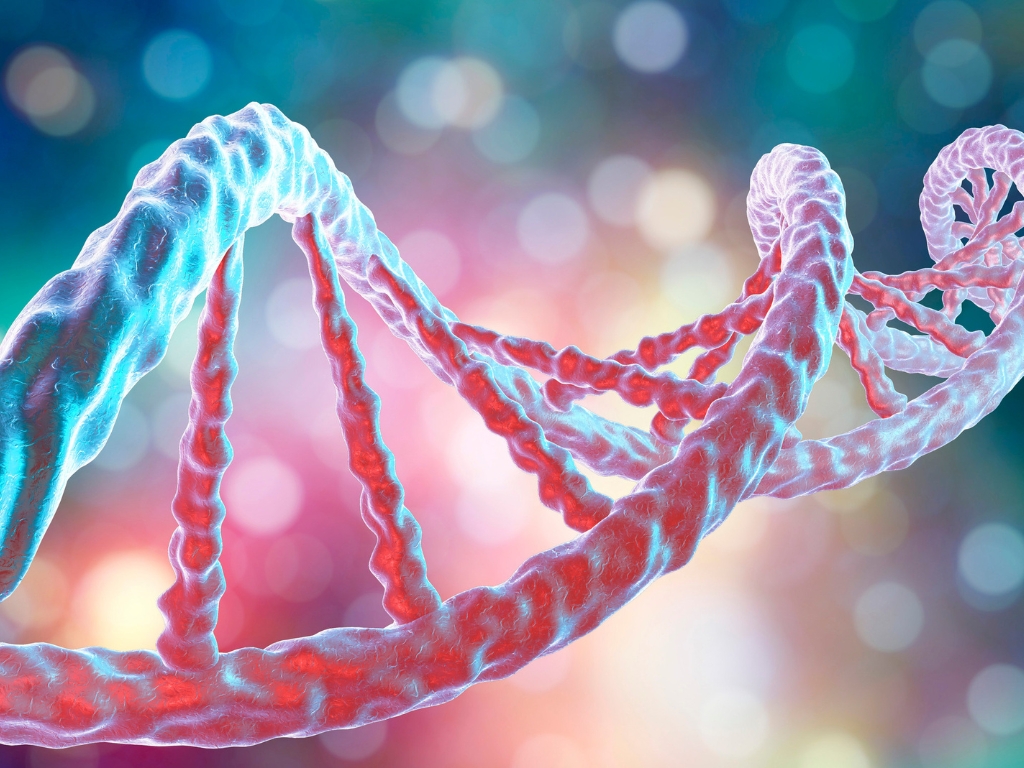Nourishing Your Kidneys: The Critical Link Between Diet and Chronic Kidney Disease
Kidneys are the unsung heroes of our body’s filtration system, quietly and efficiently cleaning our blood of waste and balancing essential elements with remarkable precision. At the heart of this life-sustaining process are nearly two million nephrons, each playing a vital role in maintaining our overall health. But what happens when these nephrons are compromised? Chronic Kidney Disease (CKD), a condition affecting millions worldwide, often creeps in silently, with diet playing a pivotal role in both its progression and management.
Understanding the intricate link between dietary practices and kidney health is not just for those currently affected by CKD. It’s essential knowledge for anyone aiming to maintain their kidney function well into their later years. This connection, rooted deeply in the biology of our nephron’s capacity and resilience, illuminates why certain dietary choices can either be a friend or foe to our kidney’s longevity.
In this article, we delve into the scientific foundations of nephron health, demystify the role of diet in CKD, and arm you with the knowledge to make informed decisions about your nutritional habits for your kidneys.
Understanding Kidney Function and the Nephron’s Role:
The kidneys, two bean-shaped organs located at the back of the abdominal cavity, are powerhouses of filtration, each composed of approximately 900,000 nephrons. These microscopic structures are where the magic of purification happens – they work tirelessly to filter blood, remove waste, balance electrolytes, and regulate blood pressure.
A nephron’s architecture is a marvel of biological engineering: a glomerulus – a bundle of capillaries – ensconced in a capsule, which catches the fluid filtered through its walls and podocytes. From here, a network of tubules carries the filtrate through a transformative journey, ultimately leading to the production of urine.
The glomerular filtration rate (GFR) is the definitive measure of kidney function, reflecting the total output of all functioning nephrons. It’s a testament to the body’s design that individuals can lose a significant number of nephrons and still sustain normal kidney function. However, this redundancy does not grant immunity against CKD, especially for those born with fewer nephrons or those who experience accelerated nephron loss due to conditions like diabetes or hypertension.
As we age or as chronic diseases take their toll, nephrons can begin to falter, compelling the remaining ones to work harder to maintain a healthy GFR. This is where diet becomes crucial: what we eat directly influences nephron workload and, by extension, our kidney health.
The Link Between Diet and CKD:
Diet plays a pivotal role in the development and progression of Chronic Kidney Disease (CKD). The foods we consume can either support nephron health or place additional strain on these delicate structures. For individuals with CKD, or those at risk, understanding this link is critical for managing the disease.
Excessive intake of certain nutrients, like sodium, phosphorus, and protein, can overburden nephrons. In a well-functioning kidney, nephrons can compensate for this increased workload. However, in CKD, where nephron number or function is compromised, a poor diet can accelerate the decline in kidney function.
On the flip side, a diet rich in fruits, vegetables, whole grains, and lean proteins can help control blood pressure and blood sugar levels, reducing the risk of damage to nephrons. The key is balance and moderation. Tailoring your diet to your body’s needs and your nephrons’ capacity can help manage CKD progression.
Additionally, weight management is crucial. Obesity can lead to an increase in single nephron GFR due to higher metabolic demands. This can cause glomerular hypertrophy and potentially lead to glomerulosclerosis, further reducing nephron numbers and function. By maintaining a healthy weight through diet and exercise, you can support your nephrons and prevent additional kidney damage.
Preventative Dietary Strategies for Kidney Health:
Preventing kidney disease starts with small, consistent changes to your diet that can have a profound impact on your nephron health and overall kidney function. Here are some strategies to consider:
Reduce Sodium Intake: High sodium levels can increase blood pressure, which can damage the glomerulus over time. Opt for fresh foods over processed ones and season your meals with herbs and spices instead of salt.
Limit Protein Consumption: While protein is an essential nutrient, excessive amounts can strain the kidneys. Focus on high-quality protein sources and consult with a dietitian to determine the appropriate amount for your body’s needs.
#ChronicDiseaseCrisis #IndiaHealthcare #HealthyIndiaNow #MedicationAdherence #HealthOutcomes

























